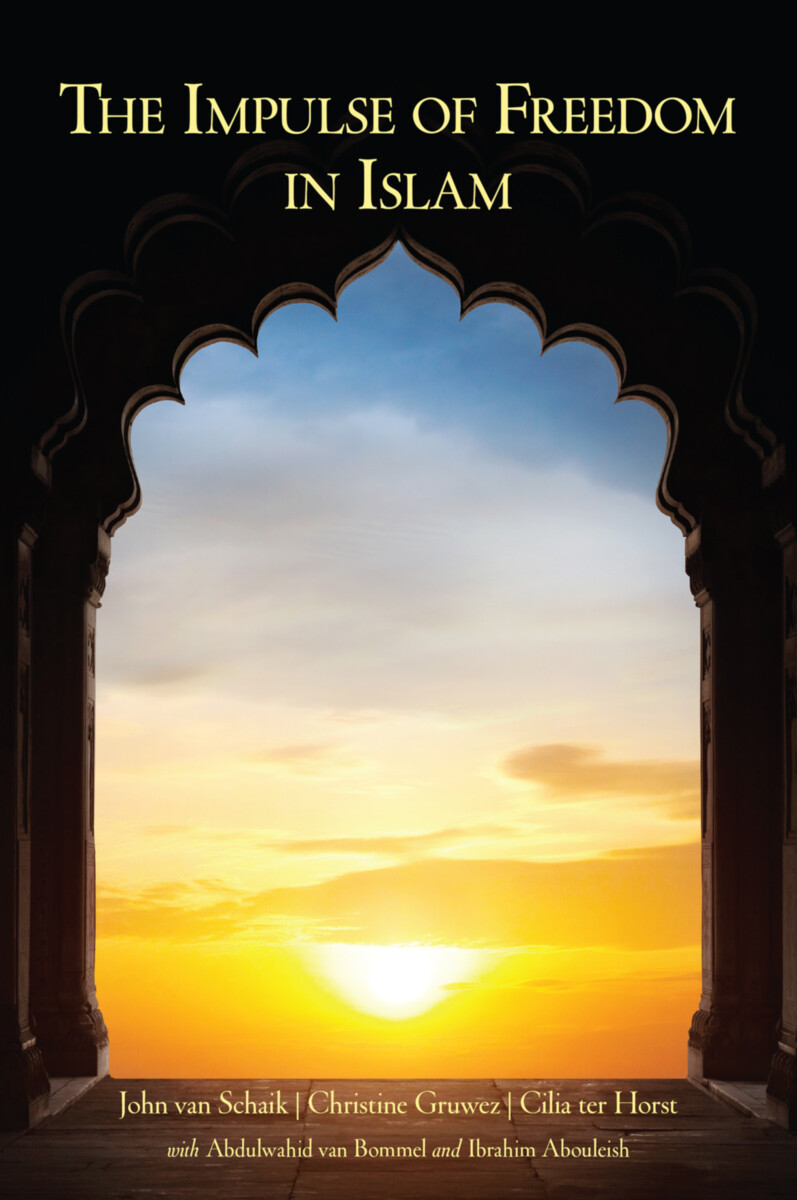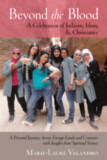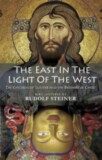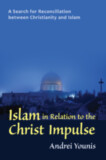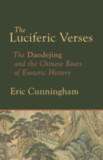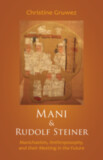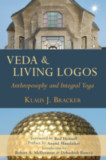The Impulse of Freedom in Islam
Afterword by Ibrahim Abouleish
Foreword by Abdulwahid van Bommel
- Publisher
Lindisfarne Books - Published
1st April 2014 - ISBN 9781584201632
- Language English
- Pages 192 pp.
- Size 6" x 9"
The word Islam means surrender to God. In our secular Western culture, it is difficult to imagine what that means. Among other things, it indicates dependence and predestination. But is this really the case? Isn’t this a superficial presumption? Allah calls on human beings to surrender in freedom to their God (Sura 96). Allah is merciful and forgiving. At the same time, however, Allah is the all-seeing one and the one who humbles. In Islam, free will and predestination have an uneasy relationship with each other—but isn’t this true for every religion?
In this collection of essays, three authors discuss various aspects of the tension between freedom and predestination in Islam from the perspective of Rudolf Steiner’s works. This background enables them to throw sometimes surprising light on the freedom impulse of Islam. It is the authors’ hope that this book may contribute to a more balanced view of Islam today.
This timely book offers interested non-Muslims a rare opportunity to examine a frequently misunderstood aspect of one of the world's fastest growing religions.
C O N T E N T S:
Foreword: Abdulwahid van Bommel
Introduction - by John van Schaik
Part 1 Islam in Historical and Theological Perspective - by John van Schaik
1. Post-Colonial Image of Islam
2. History of Islam
3. Allah: Predestination or Freedom?
4. Jesus in Islam
Part 2 The Freedom Impulse of Mohammed Abduh and Rudolf Steiner - by Cilia ter Horst
5. Background: Types of Freedom in Mohammed Abduh’s Life
6. Between God and Nature: The Free Will of the Human Being According to Rudolf Steiner and Mohammed Abduh
Part 3 The Philosophy of Freedom in Iranian Islam - by Christine Gruwez
7. Thinking in the Light of the Spirit: Elements from Iranian Philosophy
Part 4 Rudolf Steiner on Islam - by John van Schaik
Afterword: Freedom in Islam - by Ibrahim Abouleish
Notes
John van Schaik
John van Schaik studied medieval mysticism and gnosticism at the University of Utrecht and the University of Antwerp. He specialized in the relationship between esoteric Christianity and the established Church and received his Ph.D. from the Catholic University of Nijmegen. He helped establish and directs the Origenes Institute in the Netherlands.
Christine Gruwez
Christine Gruwez (b. 1942) studied philosophy and linguistics at the KU Leuven, the Catholic University in Louvain, Belgium. She met Anthroposophy through the Waldorf school in Antwerp, which her four children attended, and where she taught from 1976 to 1986. She also taught for a decade in the Waldorf Education Training Program. Since 1997, Christine has led seminars and conferences at Emerson College, at the Goetheanum, and in Japan. The publication of Bernard Lievegoed’s Battle for the Soul renewed her contact with the Manichaean impulse. Having studied the language and texts at university, her life’s research question became: How can we actualize what historical Manichaeism has initiated in human history? Christine has followed the history of Mani and his communities throughout the Far and Near East, from the Balkans to North Africa, Iran, Uzbekistan and Tajikistan, along the Silk Road to Japan. Her book, Walking with Your Time: A Manichaean Journey, addresses ways to become a contemporary human individual and the question of good and evil in our time.
Cilia ter Horst
Cilia ter Horst studied religion and Arabic at the University of Amsterdam and graduated on the subject of “Freedom in Islam.” During and after her studies she visited Egypt and Syria. She teaches philosophy in secondary education.


